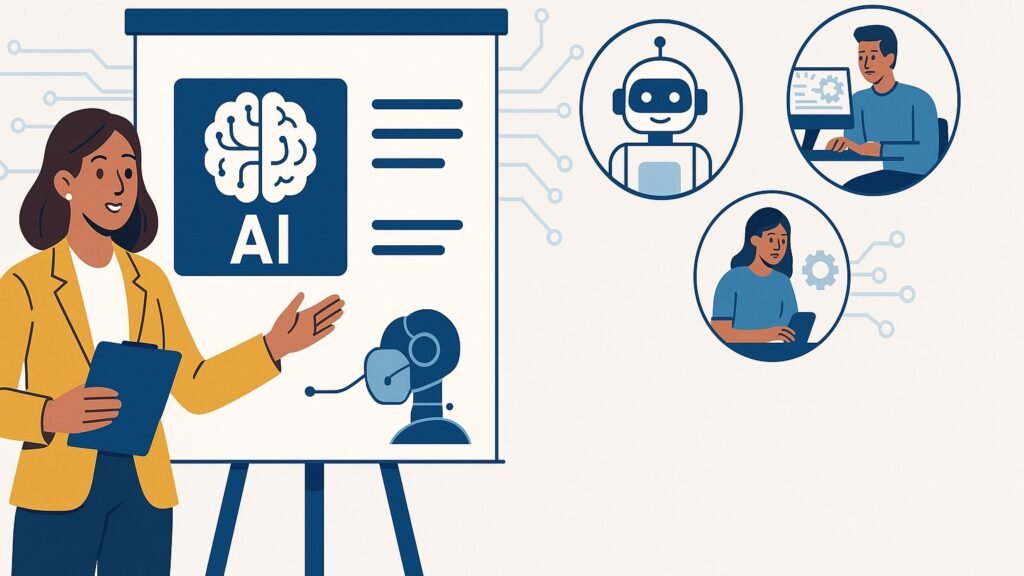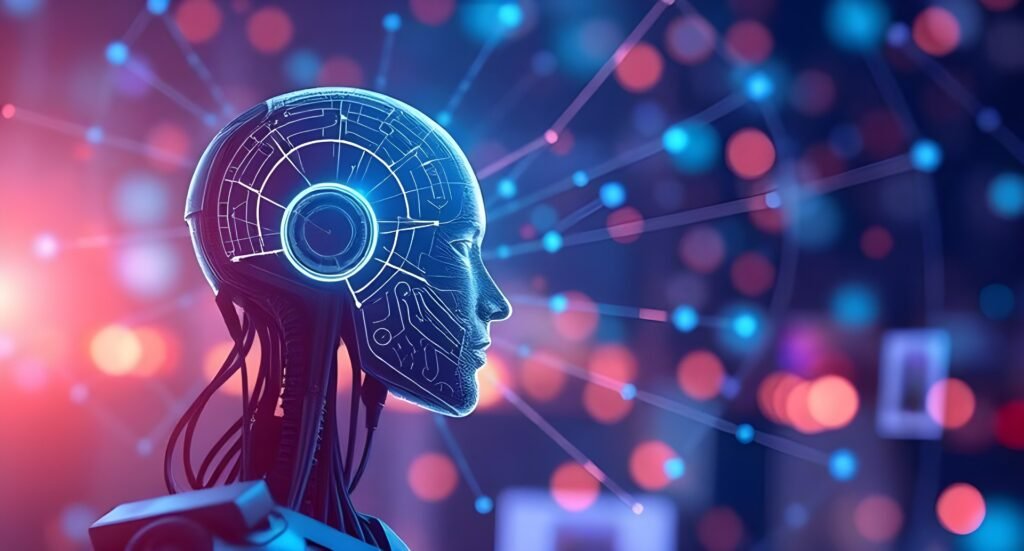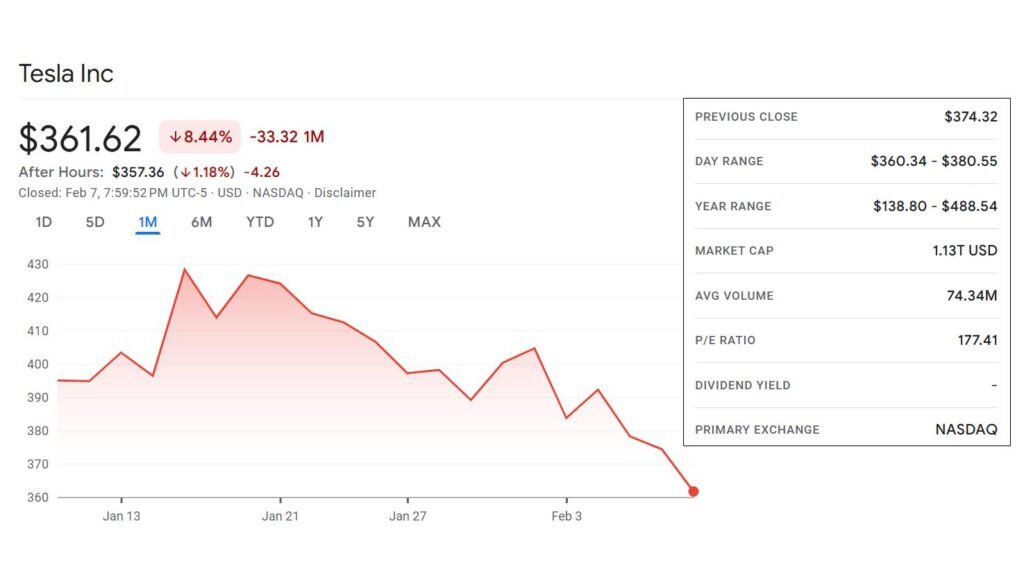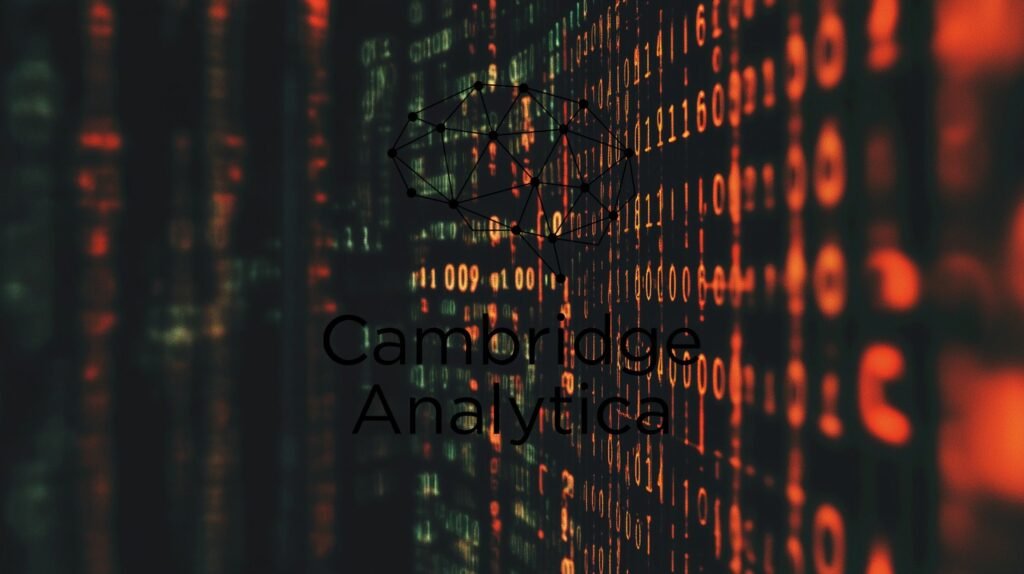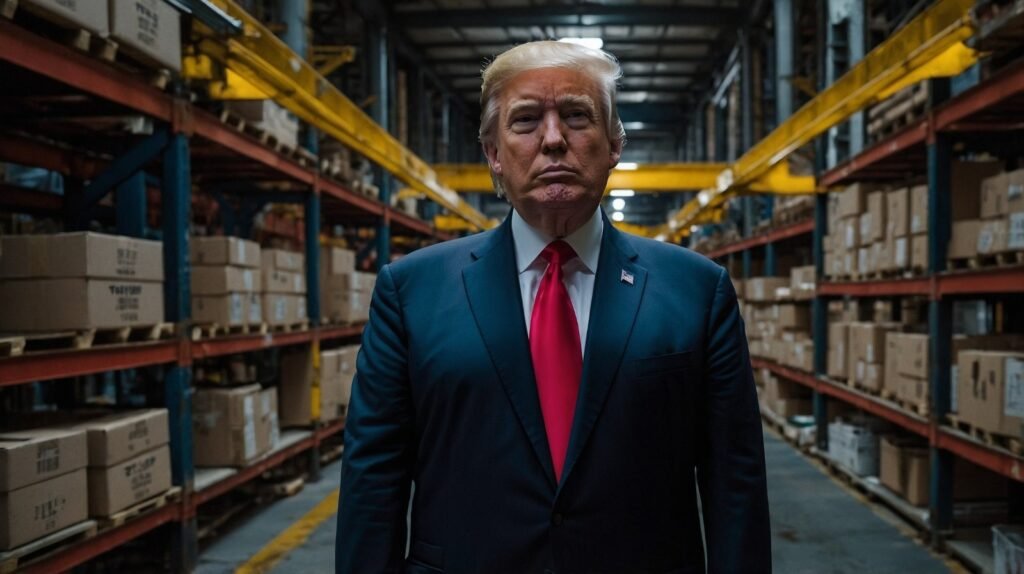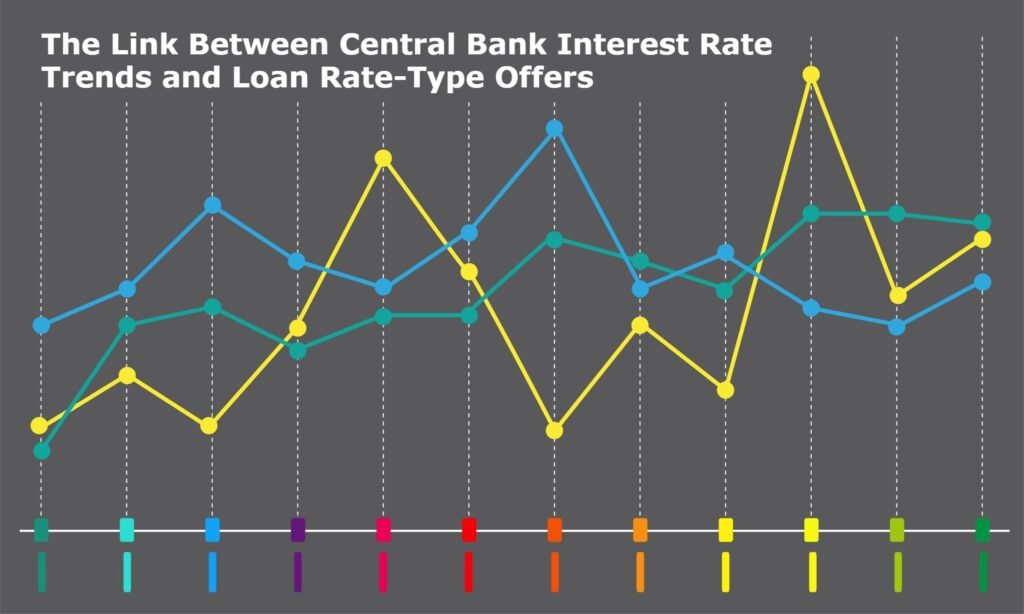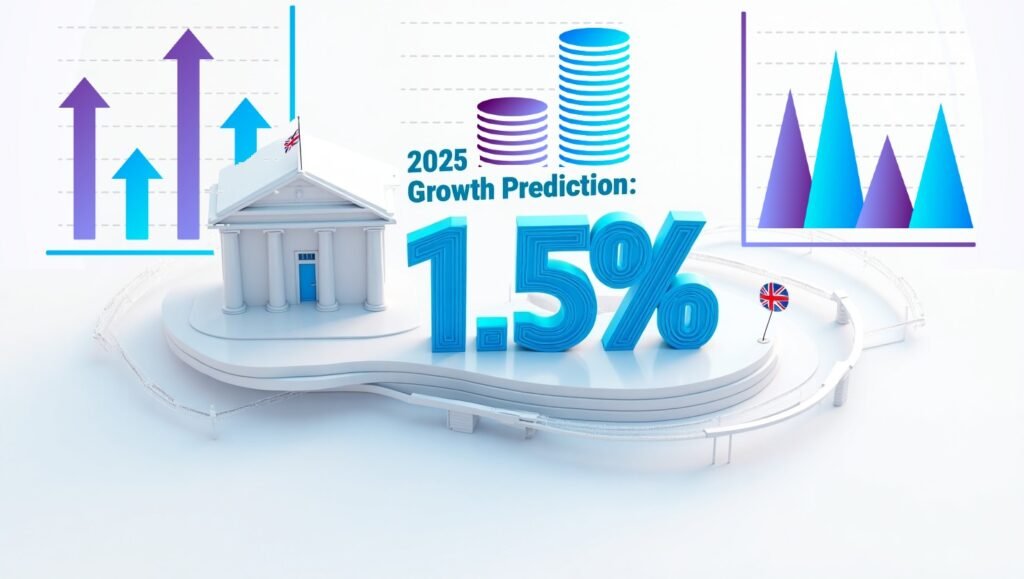|
Getting your Trinity Audio player ready...
|
The world of work is undergoing an inspiring transformation. Artificial Intelligence, once limited to futuristic predictions, is now a driving force shaping every major industry. From Wall Street trading floors to Midwest factories, from hospital labs to high school classrooms, AI has become more than a tool—it’s a new kind of partner. As this digital co-worker becomes smarter, faster, and more embedded in our daily lives, the outlook for human jobs is full of potential and promise.
The Automation Paradox
The journey began with automation, helping to eliminate repetitive tasks and improve productivity. Clerical jobs, data entry, customer service support, and parts of the legal profession have evolved with the help of AI-driven software capable of transcribing, analyzing, summarizing, and recommending actions in seconds. Initially, this sparked fear. Would machines take over our jobs?
In reality, the picture is far more optimistic. While certain roles are changing or fading, they’re giving rise to new opportunities—ones that are often more creative, meaningful, and better paid. What we are witnessing is not a decline in employment, but an evolution of how and where we work.
The Rise of the AI-Augmented Professional
AI is not replacing people—it’s enhancing what they can do. Accountants leverage AI tools to sift through massive datasets, focusing their energy on uncovering insights and advising clients. Journalists can tap into AI for real-time fact-checking, allowing deeper storytelling. Surgeons use robotic systems guided by AI to deliver more accurate outcomes.
These developments are giving rise to a new type of professional: one that combines human intuition with machine intelligence. These roles demand “fusion skills”—the ability to prompt AI effectively, evaluate its results, and apply thoughtful, ethical judgment. Adaptability, creativity, and emotional intelligence are more valuable than ever before.
Disruption in Traditional Sectors Brings Opportunity
Industries once known for rigid structures are being reimagined. Manufacturing now relies on robotic precision, overseen by engineers trained in AI systems. In logistics, AI models predict demand, manage inventory, and plan transport routes with unprecedented precision.
Even agriculture is being revitalized. With smart sensors monitoring crop health, drones analyzing fields, and predictive algorithms optimizing harvest timing, farmers are embracing the role of tech-savvy agricultural scientists. This isn’t replacement—it’s reinvention.
The New Job Frontier: Careers That Didn’t Exist a Decade Ago
From AI’s rise come entirely new job categories filled with potential:
- Prompt Engineers: Experts in crafting instructions for AI to generate high-quality results.
- Ethical AI Advisors: Guardians of legal and moral integrity in AI development.
- AI Trainers: Specialists who refine models with accurate, well-curated data.
- Human-AI Interaction Designers: Architects of smooth, natural experiences between people and AI.
- Digital Twins Engineers: Creators of virtual models used for testing and innovation.
These roles aren’t just confined to major tech companies—they’re becoming essential across industries, signaling a wave of employment rooted in forward-looking skills.
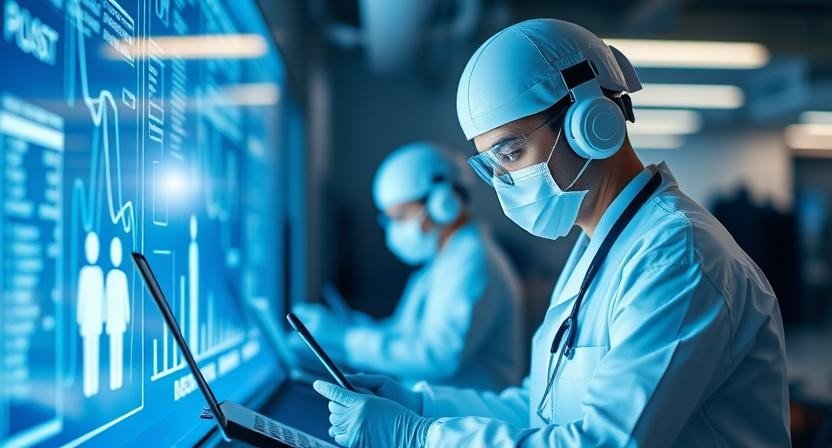
The Education and Training Challenge Becomes a Gateway
To embrace this wave of innovation, education is evolving. Universities now offer hybrid degrees that blend computer science with ethics, psychology, or business. Coding is becoming a basic skill, alongside critical thinking and teamwork.
Training doesn’t stop with graduation. Governments and companies are launching reskilling programs designed to help workers—whether in factories or offices—adapt and thrive. Online courses, apprenticeships, and flexible certifications are helping people pivot into rewarding, future-ready careers.
A Future Built on Human Uniqueness
As AI becomes more capable, it highlights the qualities that make us truly human. Empathy, creativity, humor, intuition, and moral reasoning remain uniquely ours. AI might generate music or summarize articles, but it can’t comfort a grieving parent, mentor a struggling student, or invent the next big cultural movement.
The future is not about losing jobs to machines—it’s about finding new purpose through them. Humans and AI are strongest when working side-by-side, solving real-world challenges together. From fighting climate change to personalizing medicine and expanding education, this partnership has the power to unlock incredible progress.
We are just beginning this journey, and the possibilities are limitless. That’s why we’ll keep exploring, explaining, and celebrating the ways people are adapting and thriving in an AI-driven economy.
Let us know what you think in the comments below. Check in with us every day for fresh insights and inspiring stories. We’ll continue diving deep into how AI is shaping the future of work—because tomorrow’s workforce isn’t being replaced, it’s being reborn.

